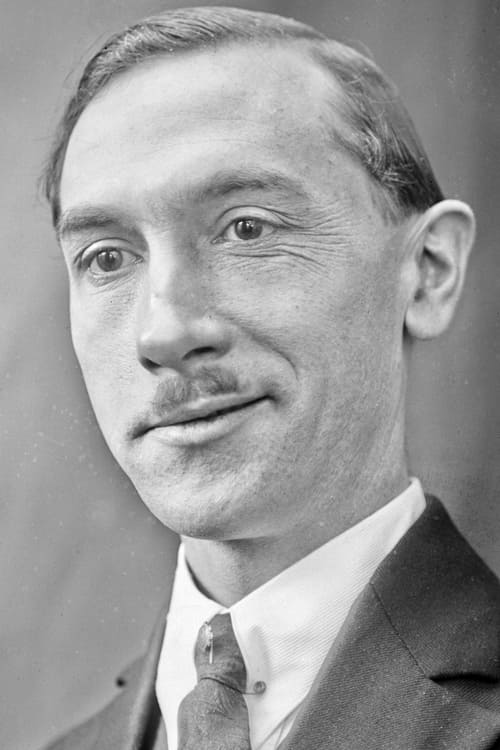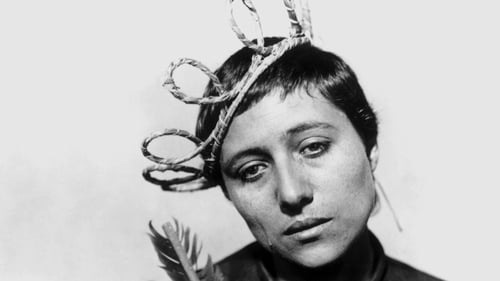Joseph Delteil
출생 : 1894-04-20, Villar-en-Val, Aude, France
사망 : 1978-04-12
약력
Joseph Delteil (20 April 1894 – 16 April 1978) was a 20th-century French writer and poet.
Joseph Delteil was born in the farm of La Pradeille, from a woodcutter-charcoal father and a "buissonnière" mother. Joseph Delteil spent the first four years of his childhood at the Borie (construction of dry stones) of Guillamau, 30 kilometers south of Carcassonne, in the Val de Dagne. Of this hovel, today there remain only stumps of walls, which one can always see while hiking on the "Path in poetry" at the entrance of which one reads "Here the time goes on foot" created by Magalie Arnaud, mayor of Villar-en-Val, and her friends to honor the memory of the poet.
In 1898, his father purchased a vineyard plot at Pieusse (30 kilometers further on the side of Limoux). This was, according to Delteil, his "native village", in the heart of the land of the Blanquette de Limoux, "where the landscape grows, from the forest to the sun, from Occitan to French ". He remained there until his Certificat d'études primaires (1907), then he joined the Saint-Louis school in Limoux. He was then a student at the Collège Saint-Stanislas (small seminary) in Carcassonne.
The publication in 1922 of his first novel Sur le fleuve Amour attracted the attention of Louis Aragon and Andre Breton for whom this work "compensated for so many devils to the body." Delteil collaborated with the magazine Literature and participated in the drafting of the pamphlet Un cadavre written in response to the national funeral of Anatole France (October 1924). Breton quotes him in his Surrealist Manifesto as one of those who have done "an act of absolute surrealism."
On May 24, 1924, at the "Soirée du Claridge" where the former Russian Page Corps was giving a charity ball, a fashion show with costumes by Sonia Delaunay illustrated a poem by Joseph Delteil La Mode qui vient. "The appearance of this group raised the applause of the social gathering".
The publication in 1925 of his Jeanne d'Arc, a work rewarded by the Prix Femina, aroused the rejection of the Surrealists and of Breton in particular, in spite of the scandal caused by the anti-conformist vision Of the Maid of Orleans. For Breton, this work was a "vast shit". Delteil participated in the first issue of La Révolution surréaliste, but after an interview in which he declared that he never dreamed, he received a letter of rupture from Breton.
In 1931, he fell seriously ill and left literature and Parisian life for the south of France. In 1937, he settled in the Tuilerie de Massane (in Grabels) near Montpellier where he led a peasant-writer life until his death, accompanied by his wife, Caroline Dudley, who was the creator of the Revue nègre.
In his Occitan retreat, he maintained strong friendships with writers(Henry Miller,...), poets (Frédéric Jacques Temple),...), singers (Charles Trenet, Georges Brassens), painters (Pierre Soulages), actors (Jean-Claude Drouot,...). By publishing, in 1968, La Deltheillerie, he regained some of the notoriety of the years 1920, supported by personalities like Jacques Chancel, Jean-Louis Bory, Michel Polac [fr], and Jean-Marie Drot.
He is buried, along with his wife Caroline, in the Pieusse cemetery.
Source: Article "Joseph Delteil" from Wikipedia in English, licensed under CC-BY-SA 3.0.

